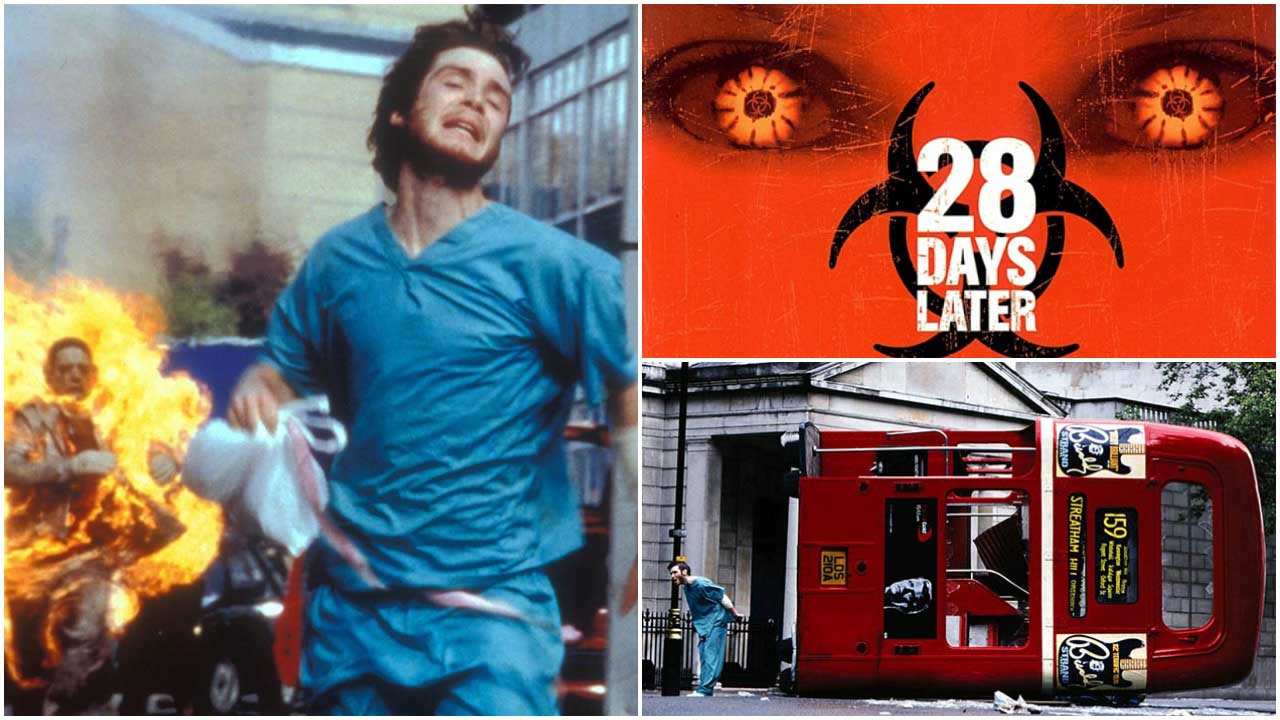

The mythology was given a new lease of cinematic life by legendary director George Romero when, across a seminal series of films ( Night of the Living Dead (1968), Dawn of the Dead (1978), Day of the Dead (1985) etc.) he retooled zombie mythology to explore the violences of the Vietnam era and of America’s racial politics and of consumerism in coded form.


If the mythology they feed off first emerged in the Caribbean as a way of expressing the slaves’ subordination to the slave-owners’ will, it was also turned back upon slaves and their descendants, suggesting they were the source of monstrous violence rather than its victims. While there has been a vampire resurgence in recent times, often dealing in coded ways with the politics of race and sexual difference, it is zombies that seem most to have caught the spirit of the times (Stratton 2011, 267 Lauro and Embry 2008, 86), for a range of reasons which might include: their incarnation of a futureless future (Lauro and Embry 2008, 96) the fast-moving crises and pandemics of the era of globalisation capitalism’s drive to eat itself and/or the planet (Webb and Byrnand 2008, 92) a rising sense of human disposability (Bauman 2003). Here are the best zombie movies of all time, starting at #60 and counting down to #1.Horror films offer us a space of the imagination in which we can confront and work through our fears and the deep feelings associated with them. Nearly 7,900 films were considered in total, with IMDb user ratings and Metascores from Metacritic presented here for critical and popular context. Going from there, Stacker ranked the top 60 zombie movies on the list as of May 2020. Stacker compiled horror film data from the horror-centric website They Shoot Zombies, Don’t They?, which has weighed and aggregated rankings from over 2,900 editorial lists to create the most definitive ranking of horror movies. Many more zombie films, while maligned for their gory content, have gone on to become cult classics appreciated in the years after their release. More recently, movies like “Train to Busan” and “ParaNorman” have adapted the concept for a 21st-century audience, adding contemporary action sequences and cutting-edge animation to the mix. Romero’s “Night of the Living Dead” franchise (which began in 1968) that truly popularized the modern concept of the flesh-eating undead. While it popularized the idea of Haitian voodoo zombies, it was George A. The first feature-length zombie film, “White Zombie,” was released back in 1932. Of course, cultural fascination with the undead has existed long before “The Walking Dead” terrified audiences every Sunday.

“Even if as a society we have lost a lot of our belief in a positive future and instead have more of an idea of a disaster to come, we still think that we are survivors, we still want to believe that we would survive,” she says. Ever wonder why we are fascinated with zombie movies, where crowds of flesh-eating corpses come back to haunt the living? According to Stanford literary scholar Angela Becerra Vidergar, the idea that we as people can survive seemingly bleak situations against all odds is an appealing one.


 0 kommentar(er)
0 kommentar(er)
